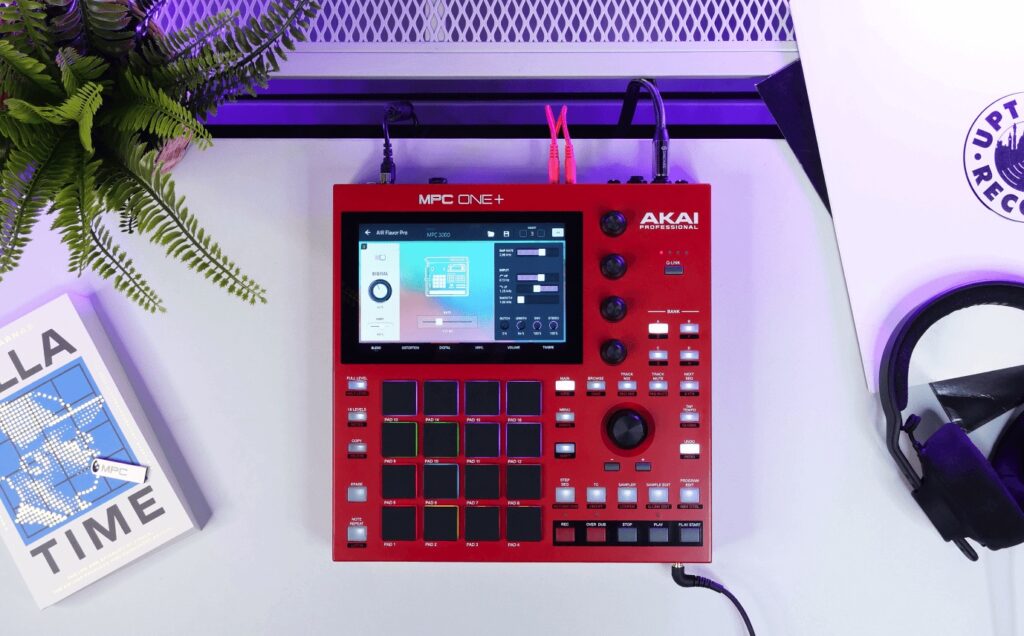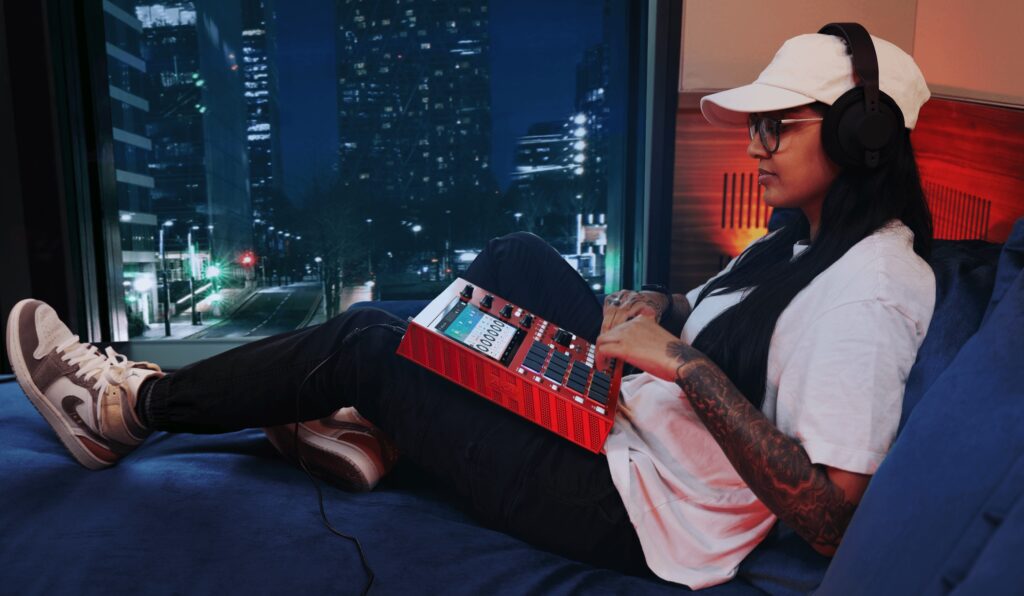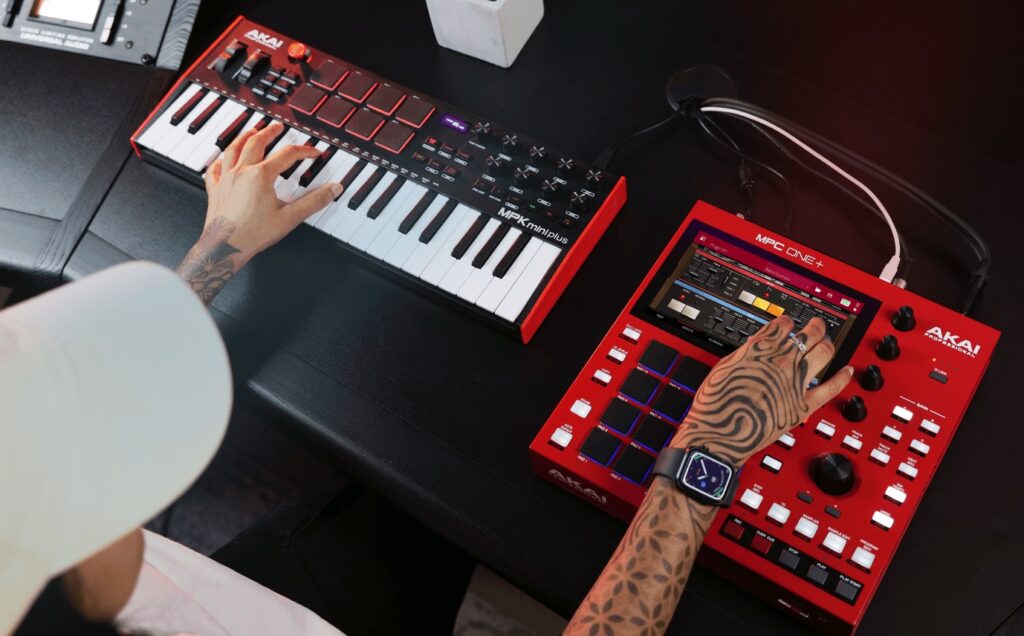The latest version of Akai’s legendary MPC range offers a few updates which make it even better. Greg Scarth finds out how the entry level MPC has so much to offer.

It’s only natural to compare new instruments to the vintage classics which inspired them, but Akai’s MPC range proves why we shouldn’t always look at the past through rose-tinted glasses. The original 80s versions are iconic and hugely influential, but by modern standards they’re dinosaurs, with very basic features in terms of sample functions, effects and track count. The story should really be about how current MPC models take that same basic idea – standalone, all-in-one production and performance machines – but update it for contemporary musical styles. Vintage MPCs are great for old-school production techniques, and I say that as a 1997 MPC 2000XL fanboi, but they don’t even come close to what the current MPCs can do in terms of sampling, synths, sequencing and effects. At this point we already know that all the current MPCs are highly developed, but the new Akai MPC One Plus shows just how good the ‘entry-level’ model can be.
The Plus update of the MPC One is relatively simple, with the main differences being the introduction of various connection features and increased storage capacity. This isn’t about completely rewriting the formula for MPCs so much as updating it to keep up with the demands of producers. The MPC One Plus introduces built-in WiFi and Bluetooth, discarding the Ethernet connectivity of the original model. You also get 16 GB of internal storage compared to 4 GB. Otherwise, it’s the same approach: a standalone instrument requiring no computer, with a 7-inch full-colour multi-gesture touchscreen, 16 classic MPC pads and up to 128 MIDI and eight audio tracks per project.

The One Plus is now the entry-level standalone model in the MPC range, but that doesn’t mean it’s an inferior option. What’s interesting about the MPC series is that the more affordable options don’t feel like they’re sub-par compared to the more expensive options. You can make the step up to more processing power, more storage and a few more advanced features, but fundamentally the One Plus does most of what you’d be able to do with a high-end model like the £1,400 MPC X. The build quality is as good as ever from Akai, the pads offer the same iconic feel and expression we’ve come to expect from MPCs and most importantly the sound is completely professional. The bottom line is that the One Plus is all most people will need to express themselves and create tracks in any style or genre. Despite being historically associated with hip-hop first and foremost, it’s worth remembering that the MPC has evolved into a truly genre-agnostic instrument, just as happy to be used for house and techno as it is for bass music, hip-hop or ambient.

The One Plus updates focus heavily on wireless connections. Why is network so important? Largely because of the ever-increasing importance of downloadable content and expansions. You can download Akai’s premium plugins directly to the MPC via an internet connection, carry out firmware updates, sync with Splice and use Ableton Link to hook up with other devices. Bluetooth, meanwhile, allows you to use wireless MIDI controllers or connect to an iPad as part of a mobile setup. Modern instruments are increasingly heading in the direction of connectivity and downloadable content, so it’s unsurprising to see Akai push the MPC towards network functionality in this way. All of which suggests that the One Plus will continue to grow as an instrument in future.

How does the One Plus’s £676 price tag stack up? Once you compare with other options, it seems like good value. Ultimately, there still aren’t really any true rivals to the MPC in terms of hardware production machines. NI’s Maschine Mk3 is cheaper at £464 but requires a computer to handle the processing power. The standalone Maschine+ is a huge step up in price at £898. The MPC series is iconic for a reason, and the One Plus represents the latest iteration of a formula which has proven itself, not just in terms of features and specifications but in terms of the thousands of classics tracks which have been produced and performed on MPCs. Once again, the MPC evolves and moves with the times.
Greg Scarth
More info/buy